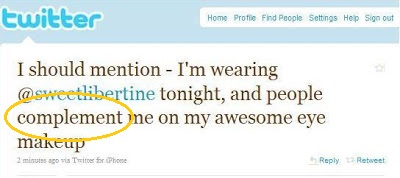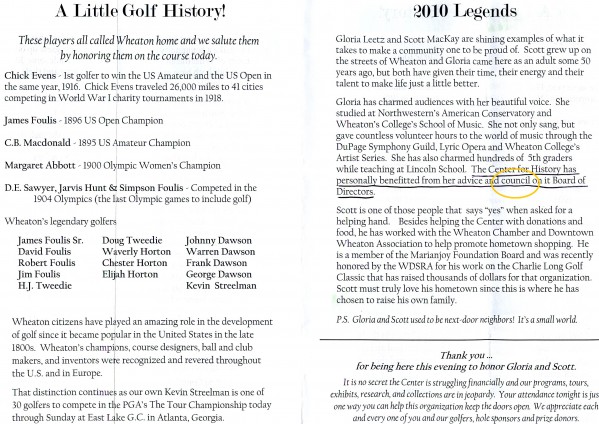Ted Utchen Presents Dictionaries and Gives Advice on Common Spelling Mistakes and Typos
Ted Utchen, from Wheaton, IL, has participated in The Dictionary Project for over ten years. His appreciation for the English language and his dedication to teaching children the importance of a dictionary has made him one of our most tenacious sponsors. In each presentation Utchen takes the time to show students how vital it is to use correct spelling, grammar and punctuation. To highlight this point, Utchen often brings in newspaper articles with typos and spelling mistakes. He reiterates, to third graders and adults alike, that catching and correcting these errors shows the world you know the language and leaves no doubt of your abilities.
But spelling mistakes and typos happen; we are human. These mistakes might be minor – written on a sticky, or major – printed across a giant billboard. Here are a few tips from Utchen to avoid common mistakes that will help you present your best writing at home, work or school.
Spell-check
“Spellcheck sometimes just doesn’t do the job, and we’ve got to use the dictionary,” says Ted Utchen. The most common reason people make spelling mistakes is because they trust computerized spell-check to point out and correct the error. It is easy to rely on the little red line under a misspelled word; however, spell-check cannot catch words that are spelled correctly but improperly used.
We recommend using the spell-check feature as a guideline, not a catch-all. Proof-read what you have typed before finalizing it or “at least have an editorial review” of your writing says Utchen. Having a dictionary close by is always handy – especially when you need to look up words that are unfamiliar or particularly difficult to spell. For students and adults alike, getting in the habit of looking up a word is the best way to learn its correct spelling and meaning.
Homophones
A homophone is a word that is pronounced the same as another word but differs in meaning and spelling. These subtle differences can easily change the tone, effect and overall meaning of your writing. Utchen reminds students to keep a dictionary on-hand to avoid mistakes with these commonly misused homophones:
Complement v. Compliment
 Effect v. Affect
Effect v. Affect
 Submitted by Ted Utchen.
Council v. Counsel
Submitted by Ted Utchen.
Council v. Counsel
 Submitted by Ted Utchen.
Principal v. Principle
Submitted by Ted Utchen.
Principal v. Principle

 Effect v. Affect
Effect v. Affect
 Submitted by Ted Utchen.
Council v. Counsel
Submitted by Ted Utchen.
Council v. Counsel
 Submitted by Ted Utchen.
Principal v. Principle
Submitted by Ted Utchen.
Principal v. Principle







